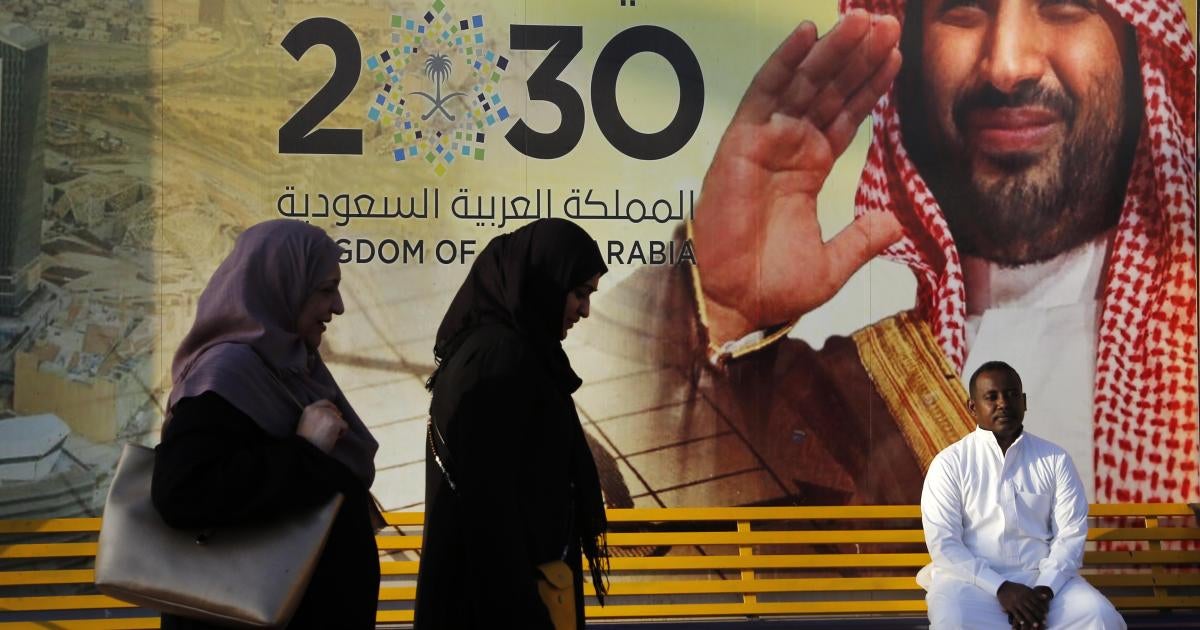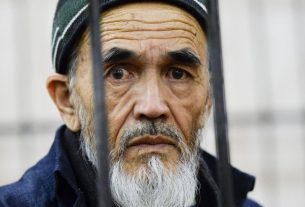(Beirut) – Saudi Arabian civil society organizations, activists, and dissidents should be able to freely articulate their vision and agenda for a rights-respecting future for their country without fear of reprisals, Human Rights Watch and Amnesty International said today. The two organizations stand in solidarity with Saudi people demanding a future for their country that prioritizes respect for human rights.
On May 11, 2023, the Saudi human rights defenders and activists who issued the roadmap, “A People’s Vision for Reform in Saudi Arabia” held a public event calling for human rights and the rule of law in Saudi Arabia. The authorities in Saudi Arabia often retaliate against exiled government critics and human rights defenders who speak out against the country’s violations and advocate for human rights.
“At great personal risk, brave Saudi people have put forward a vision for reform that prioritizes respect for human rights,” said Joey Shea, Saudi Arabia Researcher at Human Rights Watch. “The Saudi government should heed these calls.”
In November 2020, leading Saudi human rights defenders, activists, and intellectuals first issued “A People’s Vision for Reform in Saudi Arabia,” a document articulating a “people’s vision for reform in Saudi Arabia centring human rights and social justice as the most important benchmarks for reform.” The vision outlines 13 principles to serve as the foundation of a rights-respecting Saudi Arabia, including the release of all political prisoners, respect for the rights to freedom of expression and association, protection of women’s rights, and an end to religious discrimination, among others.
Saudi Crown Prince and Prime Minister Mohammed bin Salman has presided over one of the biggest crackdowns on human rights in the country’s history. Human Rights Watch and Amnesty International have documented a range of egregious human rights abuses in Saudi Arabia, including the wholesale repression of independent civil society; arbitrary arrests of peaceful dissidents, public intellectuals, and human rights defenders and activists; and the sentencing of ordinary people to decades-long prison terms for posting on social media.
Other concerns include abusive practices in detention centers, including torture and other ill-treatment; mass executions of prisoners following unfair trials; and unlawful airstrikes that have killed and wounded thousands of civilians in Yemen.
“Amnesty International expresses its solidarity with Saudi activists advocating for human rights at home and abroad,” said Heba Morayef, Middle East and North Africa Director at Amnesty International. “Saudi Arabia authorities should acknowledge the crucial role that civil society plays in public decision-making, and in the promotion and protection of human rights. Authorities should allow human rights defenders, activists, dissidents, and nongovernmental organizations to actively participate in decisions on human rights reforms in the country.”



